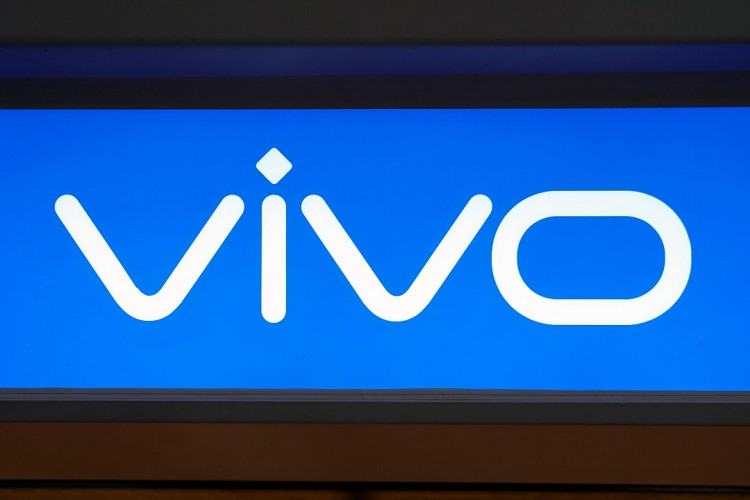In a move that has sent ripples through the tech industry, Guangwen Kuang, the head of administration at Vivo India, a leading Chinese smartphone manufacturer, has been arrested in India. The arrest is connected to an ongoing money laundering investigation, and it has heightened concerns about a potential intensified crackdown on Chinese businesses operating in India.
Kuang, a Chinese national, was apprehended by India's Enforcement Directorate (ED), the primary agency responsible for investigating financial crimes such as money laundering and violations of foreign exchange regulations. Mudit Jain, Kuang's attorney, confirmed the arrest to CNN. Alongside Kuang, three other individuals were taken into custody. One of these detainees had played a pivotal role in establishing Vivo's offices in India, while the other two were accountants. A court document shared by Jain indicates that all four will be held in custody for a three-day period.
Vivo, in its official statement, acknowledged the arrest of one of its employees and expressed deep concern over the development. The company emphasized its commitment to ethical principles and legal compliance. "The recent arrest deeply concerns us," a Vivo spokesperson stated, adding that the company would "exercise all available legal options."
The backdrop to this arrest is a series of allegations against Vivo that first surfaced in July 2022. The ED conducted searches at 48 Vivo locations across India and seized a staggering $60 million from the company's bank accounts. The agency accused Vivo of tax fraud and claimed that the firm had transferred 624.8 billion rupees (approximately $7.9 billion), predominantly to China. The ED alleged that these remittances were a strategy to report significant losses in Vivo's Indian entities, thereby evading tax payments in India. In response, Vivo had stated its cooperation with the investigation.
This isn't the first instance of a Chinese smartphone giant facing regulatory challenges in India. Two months prior to the Vivo incident, Xiaomi, another leading Chinese smartphone manufacturer, had over $700 million seized by Indian authorities. Xiaomi was accused of illicitly transferring money out of India. However, Xiaomi refuted these allegations, asserting that all its operations adhered to local laws and regulations.
Both Xiaomi and Vivo enjoy immense popularity in India. They rank among the top three in India's expansive smartphone market, with Samsung leading the pack. Despite facing regulatory challenges, Vivo remains India's second-largest smartphone brand, holding a 17% market share in the second quarter, as per data from Counterpoint Research. Xiaomi, on the other hand, witnessed a decline in its market share from 19% to 15% during the same timeframe.
The broader context of these developments is the strained relationship between India and China, which deteriorated after a fatal confrontation at their shared border in 2020. This led to India imposing bans on Chinese apps and subjecting deals involving Chinese companies to heightened scrutiny.
Chinese media, particularly the state-run Global Times, has been quick to respond to Vivo's recent predicament. The publication accused India of exhibiting "rising protectionism" and suggested that the arrest of Vivo's executive indicates a "hardened crackdown on Chinese companies." The Chinese embassy in India has previously cautioned that such investigations into Chinese businesses could tarnish India's reputation among foreign investors and disrupt "normal business activities."






